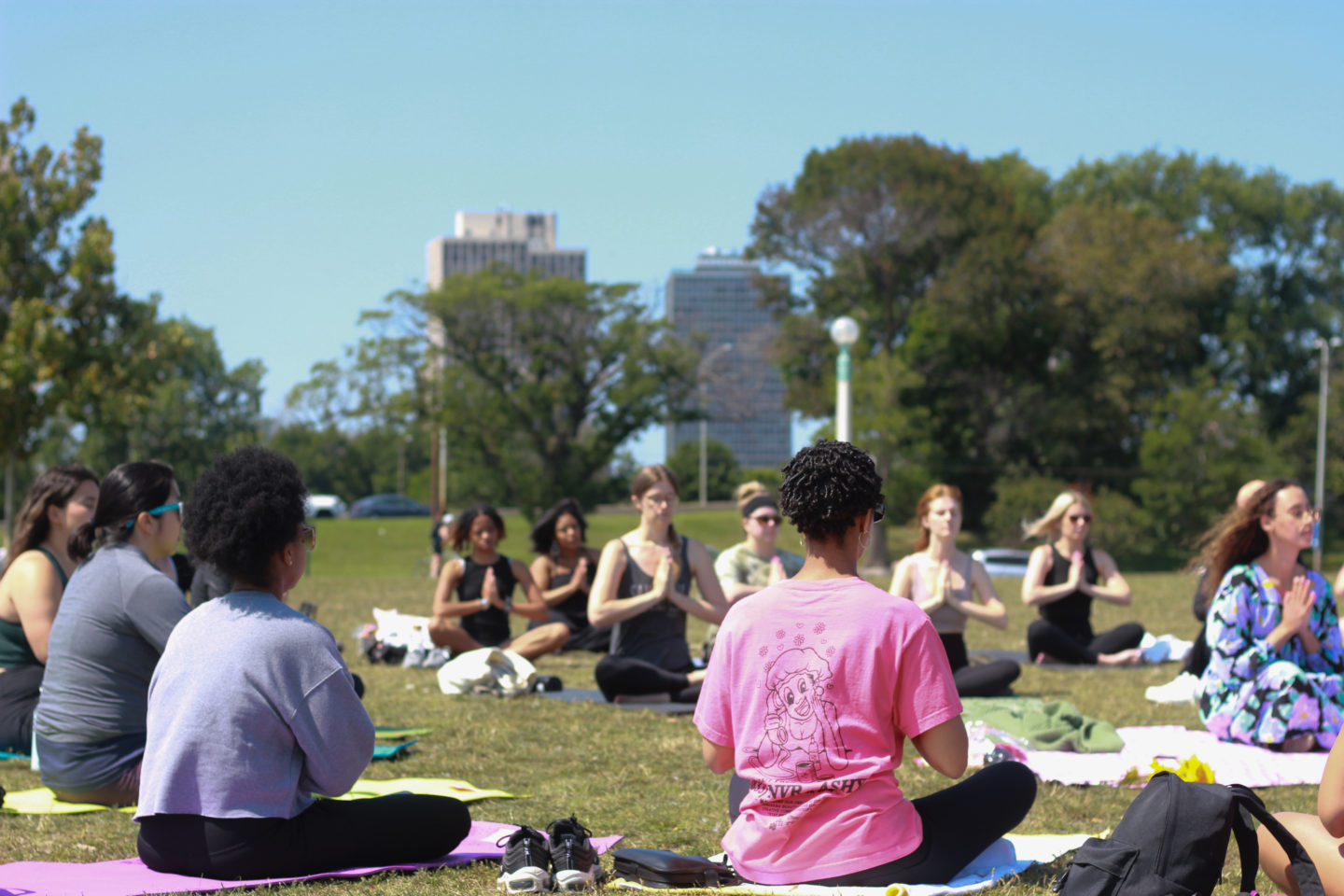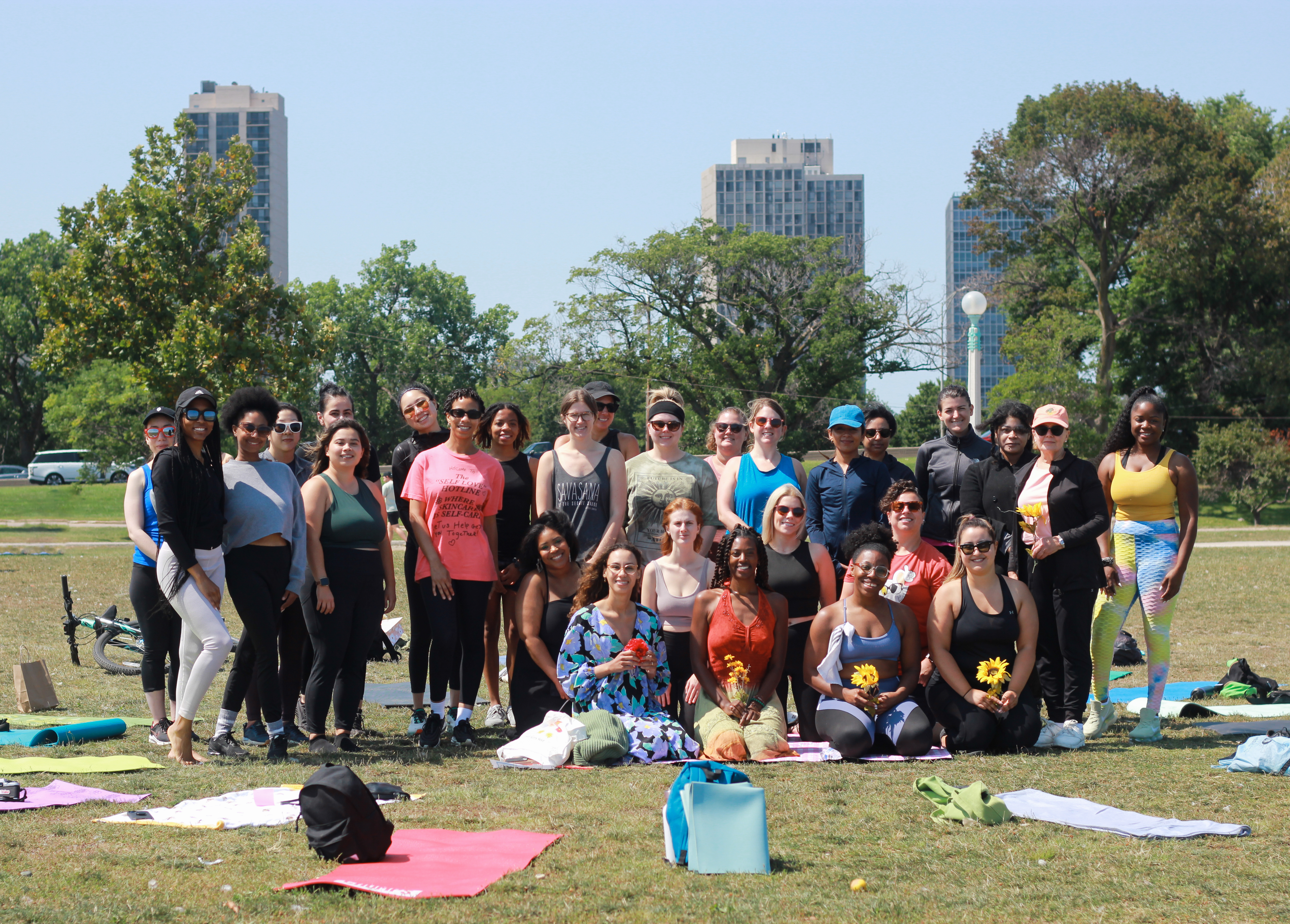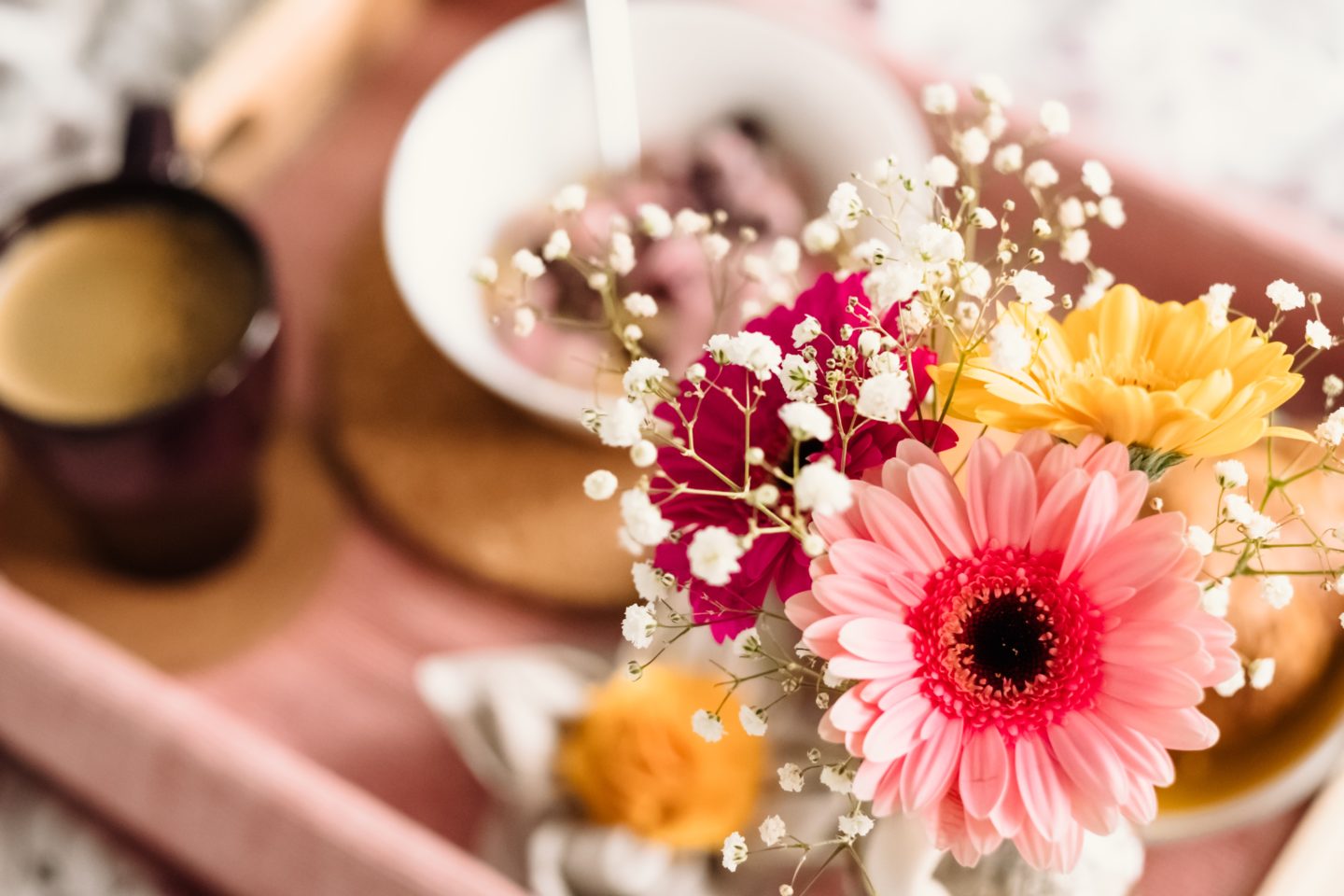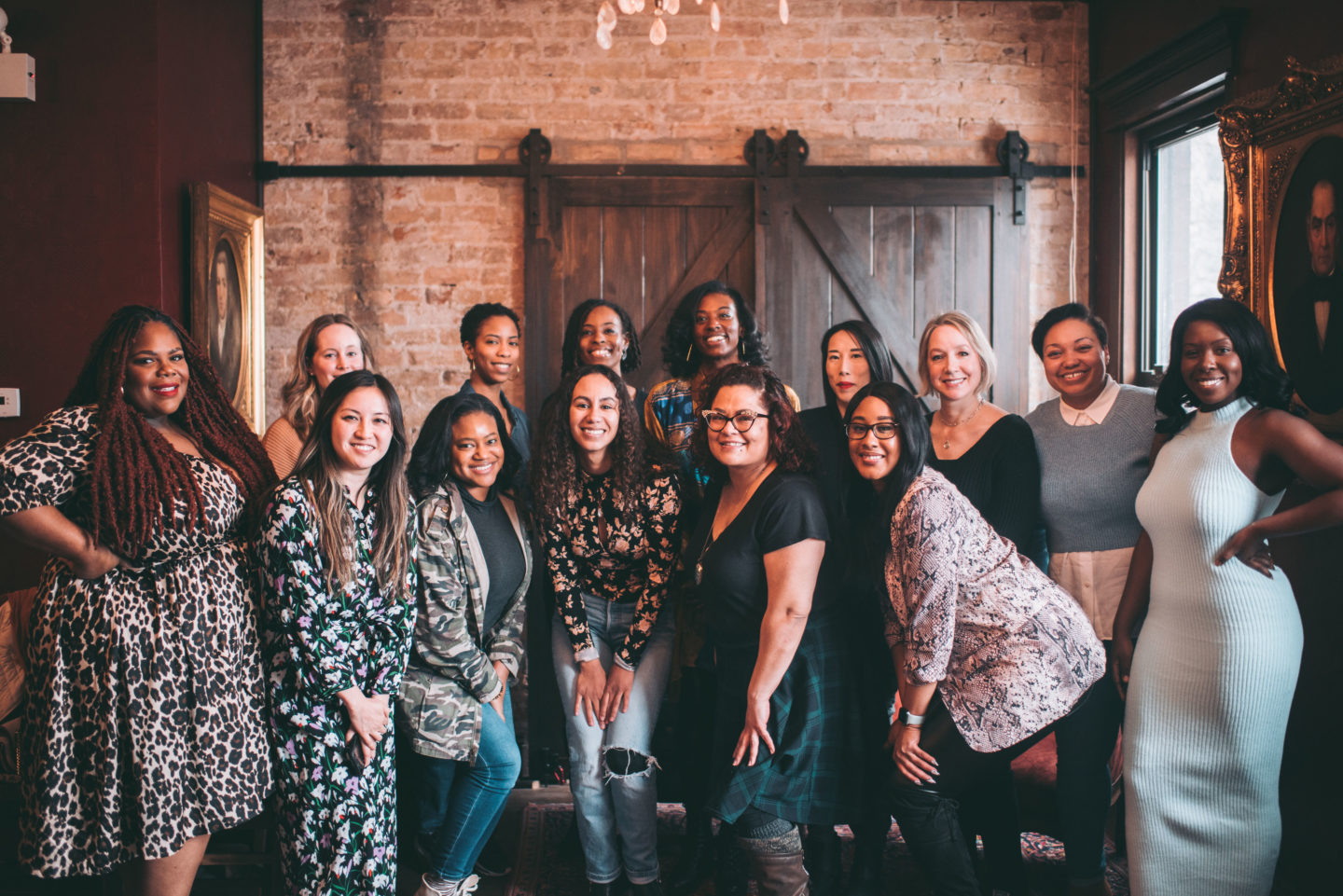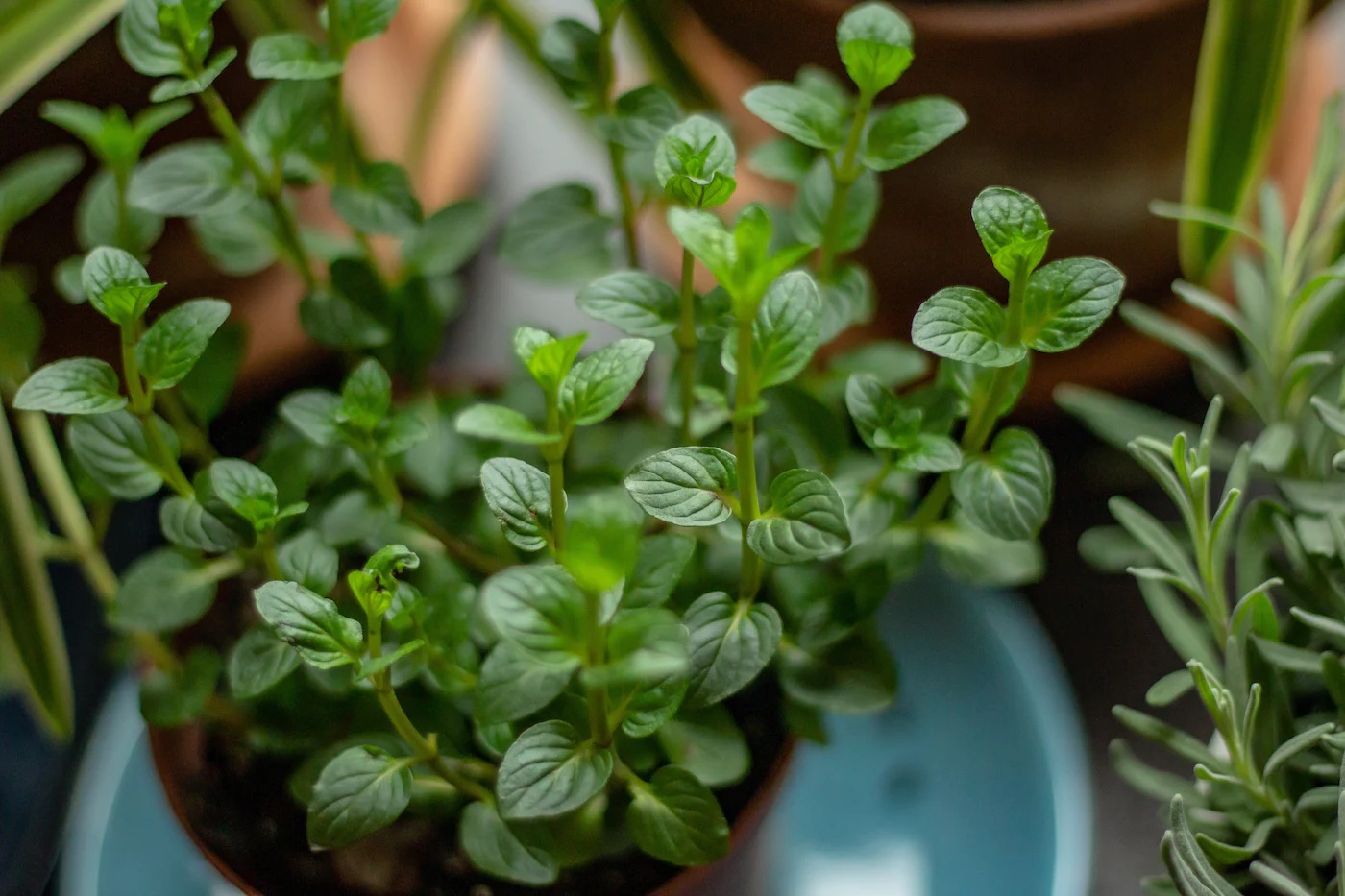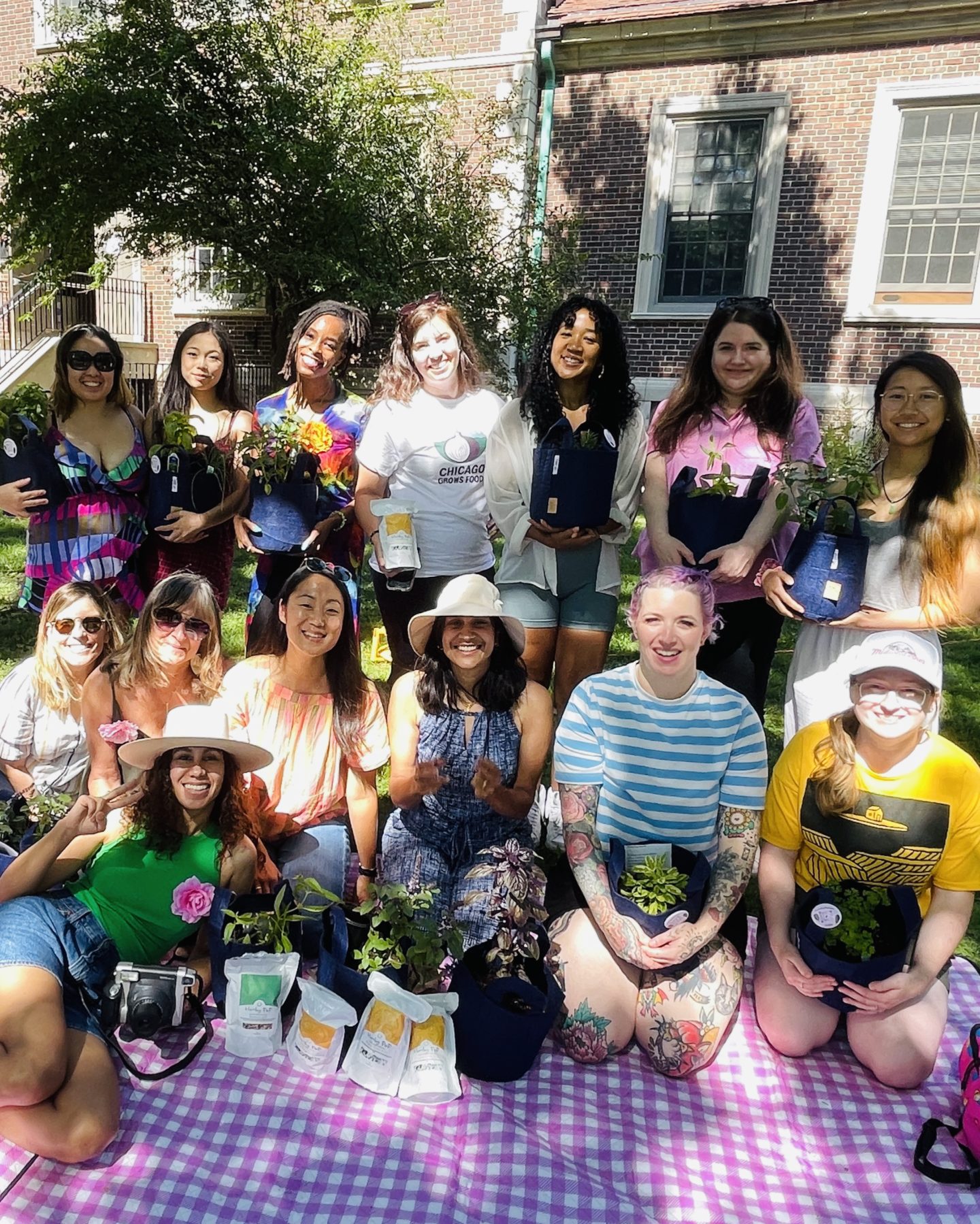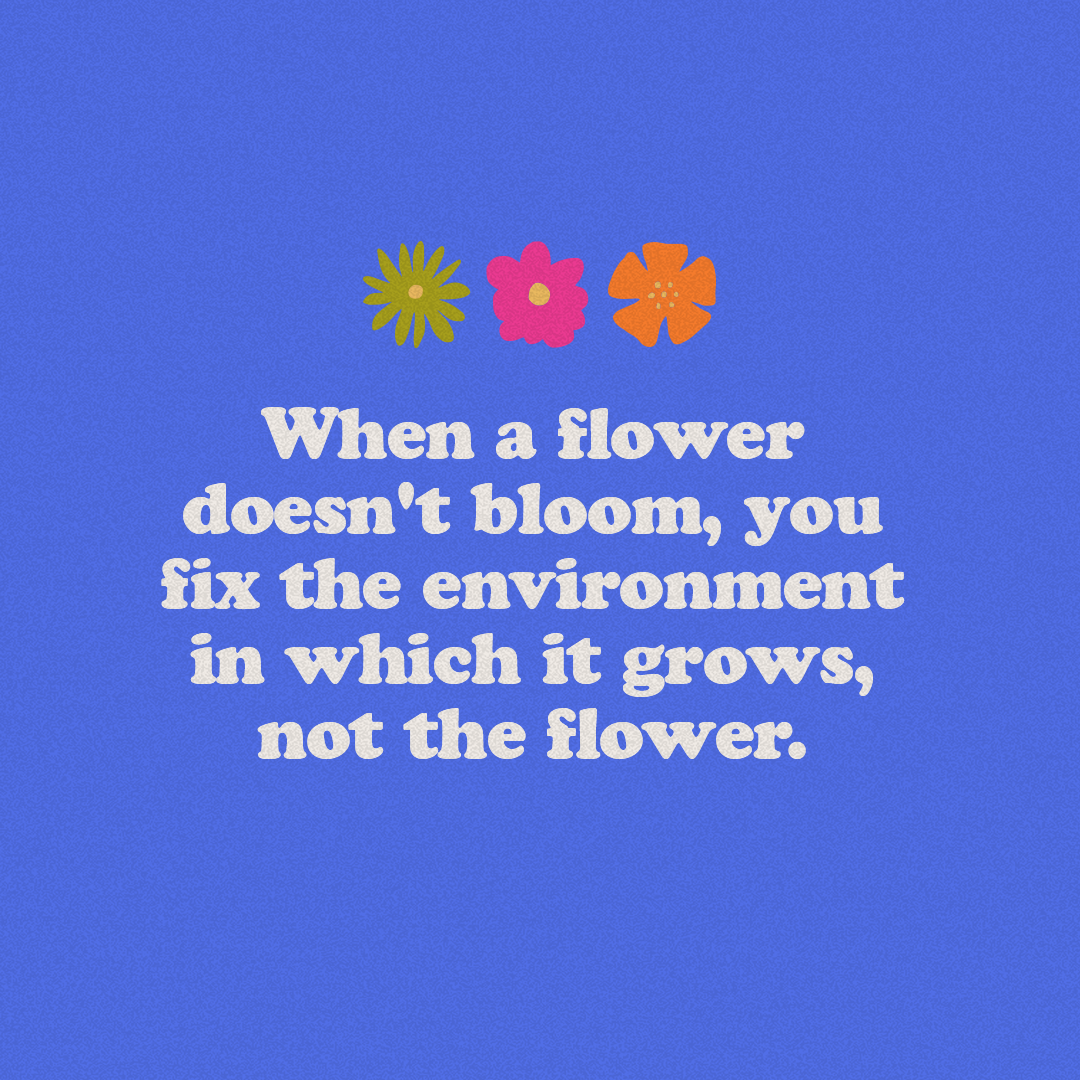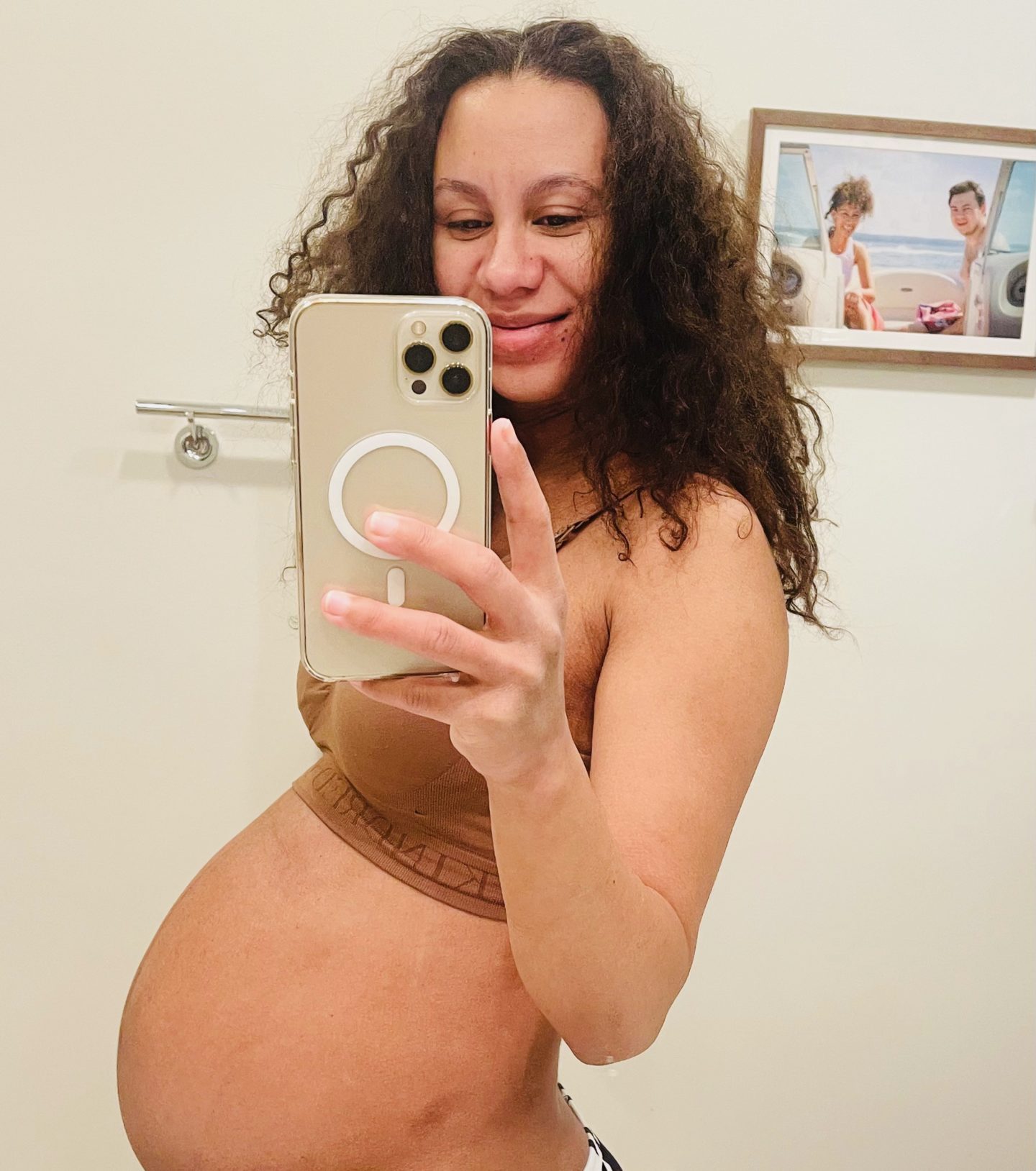
We talk so much about having success in our careers, but what about our health or other aspects of our lives more broadly? In honor of PCOS Awareness Month, I’d like share my story of success in this department after struggling for decades. I suffered for years not realizing birth control pills, a poor diet, and lack of resources (at the time) were worsening my health. It wasn’t until my late 20s/ early 30s that I began to find support, get an actual diagnosis after seeing over 20 doctors, and identify alternative resources after finding holistic nutritionists who knew what they were talking about (hi Joy @joyoushealth! Hey @holisticvanity). They helped me fix my diet and adopt certain habits like substituting coconut sugar for cane sugar, drinking lemon water in the mornings, avoiding coffee on an empty stomach, and walking outside daily to manage my hormones. I also started cooking more which has helped my spirit and overall health! Being able to see the results after years of putting in my work has helped me continue to push through and find success with my health – such an exhilarating feeling! These changes also allowed me to get pregnant and give birth to my daughter, Hazel, even though I didn’t think my body could carry it out after all it’s been through. God is good! So, if you’re struggling with your hormones, a pre-existing condition, or health in general, know you are not alone. Please know there’s light at the end of the tunnel. You’ll need to put in the work, find the right support system and doctors, but it is possible! Believe that. I’m a testament to this!
-Vanessa



